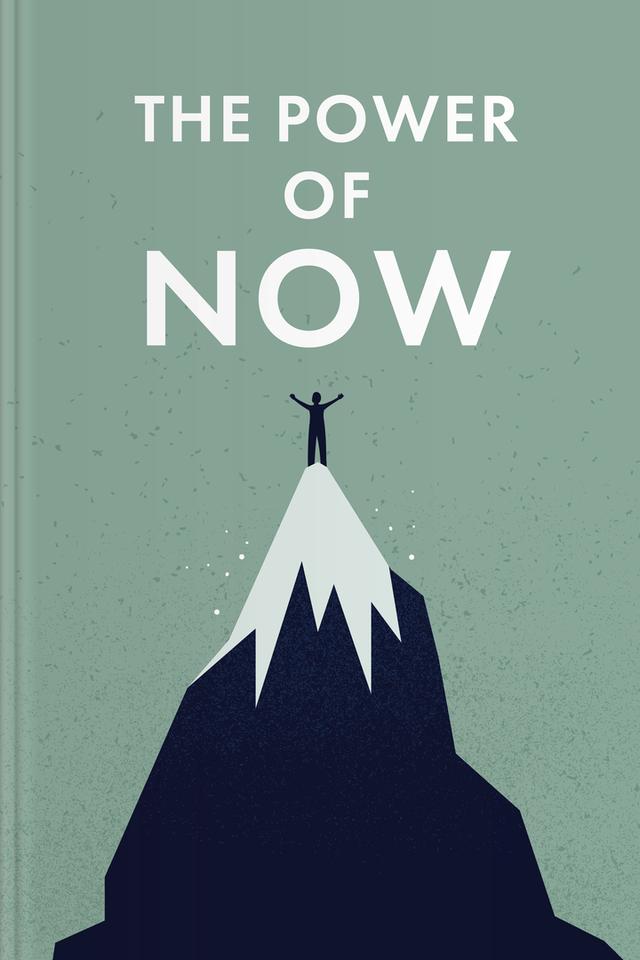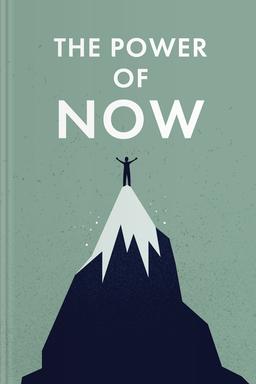You’ll learn
- How our mind is our greatest enemy
- Why our thoughts prevent success
- About detaching from the world
- The importance of self-improvement
Protect the world’s peace. Donate to support Ukraine

first KEY POINT
What is more vague and confusing than the word “awareness”? What does it mean? Is it seeing our environment or hearing people around us? Yes and no. Awareness has a much deeper sense; its major aspect is that true vision comes from within. However, the problem arises when we try to stay present. For some reason, being here and now triggers and scares us, as if we must do something to justify our existence. So, instead, we reminisce on our past mistakes and plan the future to show the universe that we're not passive. But at the end of the day, we hesitate to make a move because of all the mistakes we’re keen to avoid when starting something new.The same feeling arises when we promise to end toxic relationships but are too afraid of our parents' or friends' opinions. In other words, we're scared to damage our ego, that naughty insect penetrating our brains and saying we're nothing without that job, that partner, or that lifestyle. Shedding a bit of our “real” selves makes us go through an existential crisis. But what if we tell you all this is only in your head? The rest of the world hasn't even noticed it while you allow your mind to trick you into thinking so.
Eckhart Tolle distilled this problem to extract its essence — our mind. He believes we can be our best selves if we release the grip on our thoughts and opinions. Unless you're scared of having no idea who you are and what you can be, freely embark on this spiritual journey!
second KEY POINT
We are addicted to thinking. We find comfort in the voices in our heads as they shield us from terrifying creatures — our authentic selves. Our thoughts often dress up our inner nudity to make it presentable for, first and foremost, ourselves. On rare occasions, the voices stop talking. But instead of being relieved, we're terrified of the smallness of our true selves hidden behind our opinions of ourselves and others, otherwise known as ego. In other words, our mind is the ego.How can we recognize this unfathomable entity? In short, these are all the meanings we attach to ourselves: opinions, judgments, ideologies, favorite art genres, and even aesthetics. Put differently, we need things to identify with and to present ourselves in a favorable light. We often refer to these external factors as our personality. However, if we momentarily detach ourselves from our favorite band or show, the sense of emptiness and indifference may resurface. As social beings, we fear the inability to connect with others, which can lead to being labeled as an outcast. That is why we’d rather let our minds feed off our worries and insecurities than confront them and become whole without relying on external validation.Speaking of worries and insecurities, our emotions can also stab us in the back. What is emotion if not a spillover of our thoughts? Sometimes the feelings grow so intense we lose the sense of consciousness and let them defeat us. What follows is anger, irritation, confusion, or panic — literally any emotion on the negative spectrum.No idea is entirely correct, and no opinion is exhaustive. Let's look at an example. When someone points out our mistake or challenges our view with a valid argument, our ego starts to panic. Built on the illusion of its decisive, but frankly baseless, credibility, it’s scared of exposure. Our ego refuses to admit its mistakes. The emotional reaction we’re experiencing is feeling offended; however, it's not a personal insult to ourselves but rather an attack on our ego. Since it depends on outside markers like our tastes and ideas, our ego becomes vulnerable and exposed when they are questioned.

Continue reading with Headway app
Continue readingfirst KEY POINT
second KEY POINT
third KEY POINT
fourth KEY POINT
fifth KEY POINT